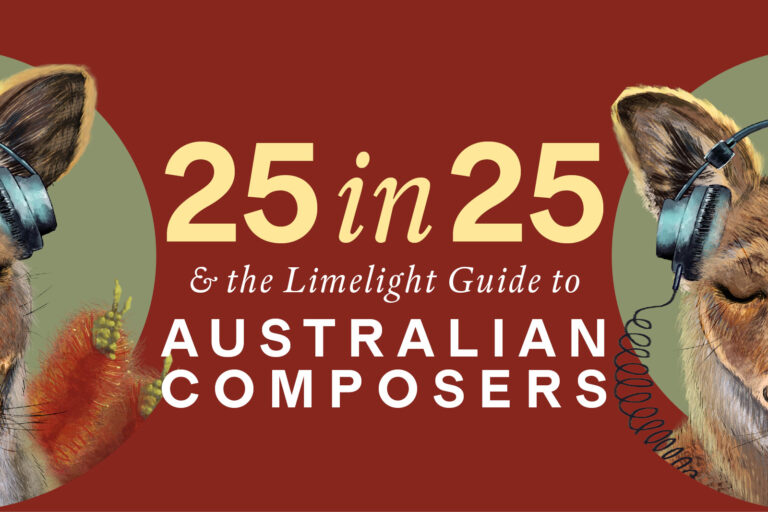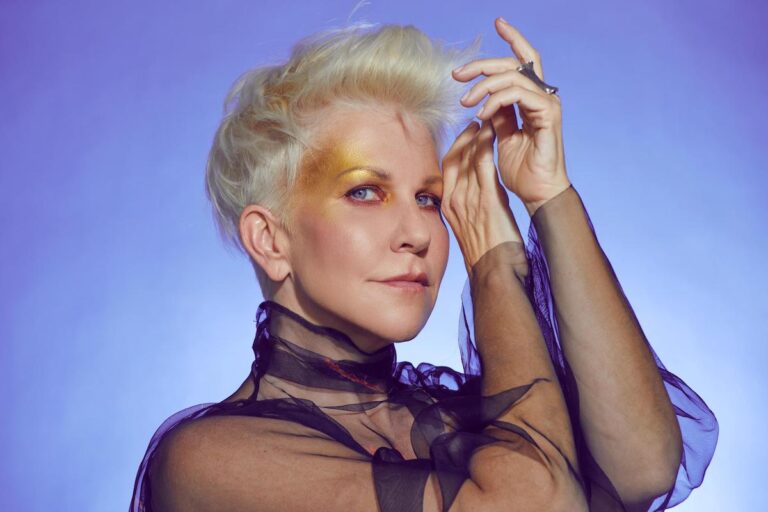Gilbert O’Sullivan’s influence on a pop music–loving generation who grew up during the 1970s is undeniable. Famous for his chart-topping hits of the early to mid-1970s – Alone Again (Naturally), Clair, and the dancefloor banger Get Down – the Irish-born, UK-raised singer-songwriter was atypical for that era, building a career on heartfelt melodies, wry storytelling, and dedication to his craft.
Moreover, he’s still doing exactly that, more than half a century on. Unlike many so-called “heritage acts” that rely solely on past hits, O’Sullivan continues to release new material every few years.
“A lot of my generation have levelled off,” he says. “I think of Paul Simon, who I love. But if you bought Paul’s latest album, you’d find it a very, very long way from the melodies he was creating. It’s the same with Ray Davies, who is a huge influence for me, but again, the melodies are not there. But I work really hard to maintain a melodic input as strong as it was 30 or 40 years ago.”
O’Sullivan’s approach to songwriting is “pure discipline,” he says. “You could say I follow the Brill Building method – where songwriters like Carole King and Neil Sedaka would clock in at 9am and work all day. When I need to write a good melody for the next album, I go nine to five. That excites me. I’ve never lost my love for writing.”

Gillbert O’Sullivan: “When someone finds something personal in something I’ve written … I’m happy.” Photo supplied
Now in his late 70s and living in St Helier, the main town on the island of Jersey, O’Sullivan continues to record, tour, and win over new audiences while maintaining those he won over the first time around. In 2018, O’Sullivan released an eponymous album, which entered the UK Albums Chart at #20 – his first UK charting studio album in over 40 years. In 2022, he released Driven, which peaked in the UK Albums Chart at No. 26.
“Not many people realise I still release albums regularly, and they’re really well received,” he says. “You have to be influenced by what’s going on. I listen to everything new. I buy everything I can get my hands on, because staying current is important to me.”
From Waterford to Worldwide Success
Born in Waterford, Ireland, in 1946, Gilbert O’Sullivan was brought up in Swindon, England. His musical journey began with a love for rock and roll. He started out playing the drums before transitioning to piano.
Guitarists can name their heroes, O’Sullivan says. Piano players have fewer role models. “There were very few piano heroes in England in my day. You had Fats Domino and Ray Charles, but there weren’t many others.”
His rhythmic piano style developed from necessity rather than formal training – and from his experience as a drummer in a band called Rick’s Blues, whose founder, Rick Davies, later founded the hugely successful rock-pop outfit Supertramp. “When it comes to piano technique, my left hand is the hi-hat and my right hand is the snare drum,” O’Sullivan jokes.
Coming to prominence in an era when glam rock was dominating the charts, O’Sullivan seemed cut from a different cloth. His breakthrough came in 1970 with “Nothing Rhymed,” a hit across Europe and beyond. He followed this with a string of successes, including Clair, Matrimony and the melancholy Alone Again (Naturally), which topped the Billboard Hot 100 in the U.S. in 1972 and earned him a Grammy nomination. In 1973, he won an Ivor Novello Award for British Songwriter of the Year.
Despite that chart success, O’Sullivan remained something of an outsider in the music industry. Preferring the solitude of songwriting over the grind of touring, he took an unconventional path, choosing to focus on composition. “The greatest privilege is to be able to write what you’re capable of, rather than what you think will sell,” he says.
After a 1977 album, Southpaw, failed to chart, O’Sullivan retreated from the limelight. That coincided with a drawn-out legal dispute over his earnings and how much of that money he had actually received from his record label. In May 1982, a judge found in O’Sullivan’s favour, describing him as a “patently honest and decent man” who had not received a just proportion of the income his songs had generated. He was awarded £7 million in damages.
A career hiatus followed, with O’Sullivan releasing little new material. It took a compilation album, The Berry Vest of Gilbert O’Sullivan, to return him to the UK top 20 in 2004 and bring his songs to a new generation of listeners.
He also found himself in music news for taking on Warner Bros. Records and suing rapper Biz Markie over the rights to use a sample of Alone Again (Naturally). O’Sullivan was awarded 100 percent of the royalties and – along with other artists – made the unchecked sampling of copyrighted works an expensive proposition.
O’Sullivan’s songs have been covered by a diverse range of artists, from Neil Diamond to Michael Bublé, something he sees as a great compliment. “Neil Diamond wrote to me, saying how much he loved my song [Alone Again] before he covered it himself. That meant a lot,” Gilbert says. “But if the guy next door covers a song of mine, that’s just as much of an honour. When someone finds something personal in something I’ve written … I’m happy.”
For Australian audiences, his upcoming tour offers a rare chance to see a masterful songwriter up close, sharing the stories and songs that have defined his long and fascinating career. Given his strong chart success in Australia during the early 1970s, it’s surprising that O’Sullivan waited decades before touring there. “Normally, when you have your first big success, people want you to come over,” he reflects. “But I liked being at home writing, so I didn’t really want to travel that much.”
It wasn’t until 2017 that O’Sullivan finally performed live in Australia with a full band. Now he returns for another run of shows – this time in an intimate duo format with Dublin-based guitarist Bill Shanley. “It’s a close and personal experience,” he says. “On that last tour, people would say, ‘Loved the band, but couldn’t hear the lyrics.’ With just the two of us, you can hear every word.”
Gilbert O’Sullivan plays the Astor Theatre, Perth on 29 April; The Palms at Crown Melbourne (1 May); Twin Towns NSW (2 May); City Recital Hall, Sydney (4 May); and Canberra SCC Club on 6 May.
For more information and booking links, visit Abstract Touring.












Comments
Log in to start the conversation.